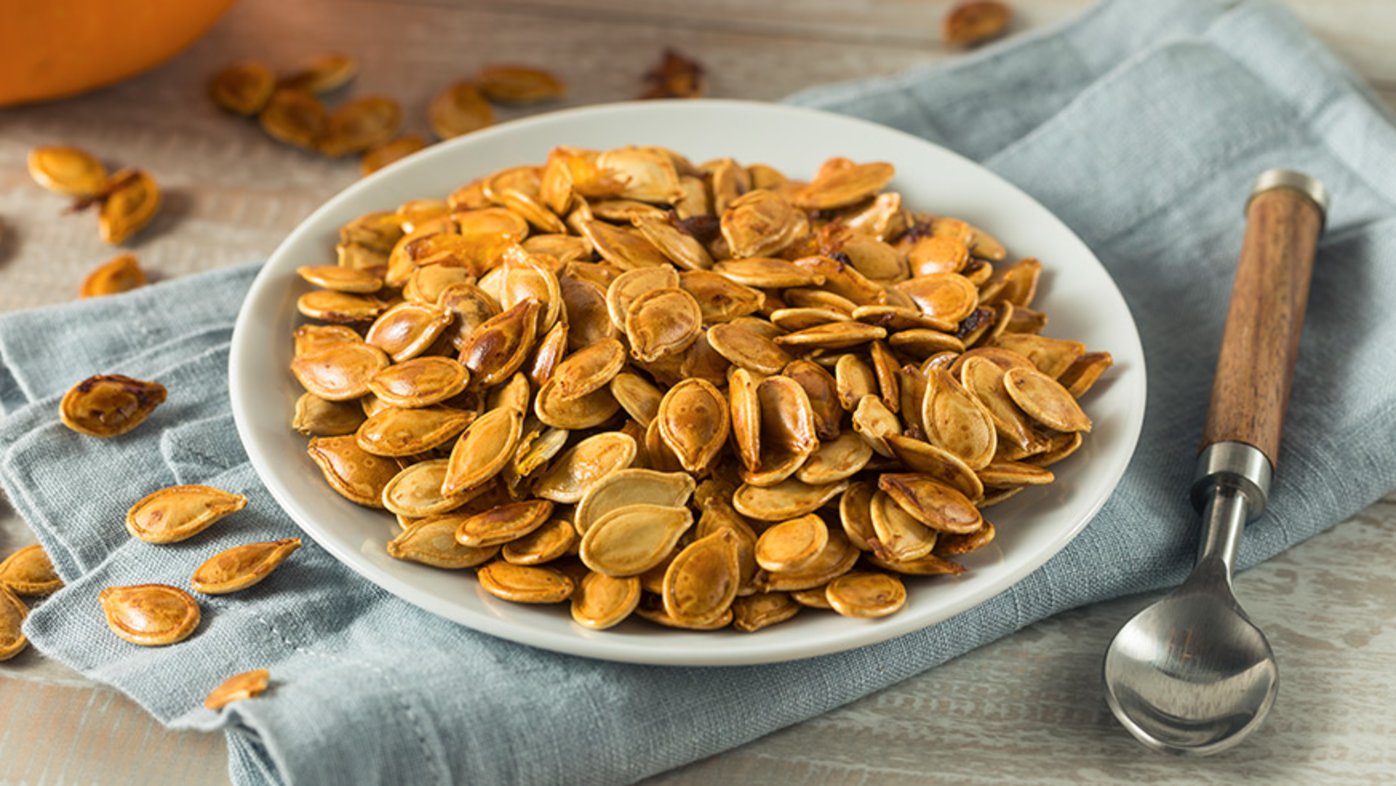
Health benefits of pumpkin seeds
Pumpkin seeds are loaded with the nutrients our bodies need.
For many Americans, prepackaged meals offer a convenient and affordable way to save time and stay on the go. In fact, highly processed foods account for more than half of Americans’ total caloric intake. But growing research shows these “convenience foods” come with significant health risks.
A study published in an international medical journal found a clear link between the consumption of ultraprocessed foods and an increased risk of colorectal cancer in men. According to the study, high consumption of these foods increased a man’s risk of developing colorectal cancer by 29% compared to those men who had the lowest consumption.
So, what are ultraprocessed foods?
The researchers defined ultraprocessed foods as those that are ready to eat or ready to heat and contain little or no whole foods. Take a walk down any grocery aisle, and you’ll likely see plenty of ultraprocessed foods. Think cold cuts, hot dogs, frozen dinners, doughnuts, cheese crackers, and other prepackaged snacks and sweets.
“Ultraprocessed foods are usually high in sugar, oils, fats and refined starches,” says Dr. Edward Huynh, a hematologist-oncologist with Sharp Rees-Stealy Medical Group. “Eating these products has shown to increase the risk of not only cancer but also obesity, diabetes, cardiovascular disease and death.”
Among men in the study, the foods most clearly associated with colon cancer were processed meats, such as sausages, bacon and ham, and ready-to-eat seafood products. Sugar-sweetened drinks, including soda, fruit-based beverages, and sugary milk-based beverages, were also linked to a higher risk in men.
A recipe for poor health
Experts say there may be several reasons this specific category of foods is linked with cancer. Ultraprocessed foods are low in nutrients, such as calcium, fiber and vitamin D, that can help prevent colorectal cancer. They also tend to have a long list of difficult-to-pronounce ingredients.
“These foods contain preservatives, emulsifiers and artificial sweeteners that are believed to be carcinogenic,” Dr. Huynh says. “Such additives can alter the gut microbiome and increase the risk of obesity, which is a known risk factor for colorectal cancer.”
Tips for choosing healthier alternatives
For optimal health, Dr. Huynh recommends limiting or avoiding processed foods. He offers these tips:
Eat more whole foods.
Choose whole, unprocessed foods or minimally processed foods as often as possible. A
recent study shows eating a healthy, plant-based diet was associated with a 22% lower risk of colorectal cancer.
Shop the store’s perimeter.
In most grocery stores, you can find whole foods on the outer perimeter. Reach for fresh fruits, vegetables, nuts, legumes and whole grains, such as oats and brown rice.
Limit red and other processed meats:
Evidence that red and processed meats increase cancer risk has existed for decades, and it’s recommended you limit or avoid these foods.
“In addition to diet, there are other factors, such as genetics and family history, that can increase the risk of colorectal cancer,” Dr. Huynh says. “Talk with your doctor about your family and personal history and don’t delay scheduling screening exams.”
Learn more about colorectal cancer; get the latest health and wellness news, trends and patient stories from Sharp Health News; and subscribe to our weekly newsletter by clicking the "Sign up" link below.
Our weekly email brings you the latest health tips, recipes and stories.